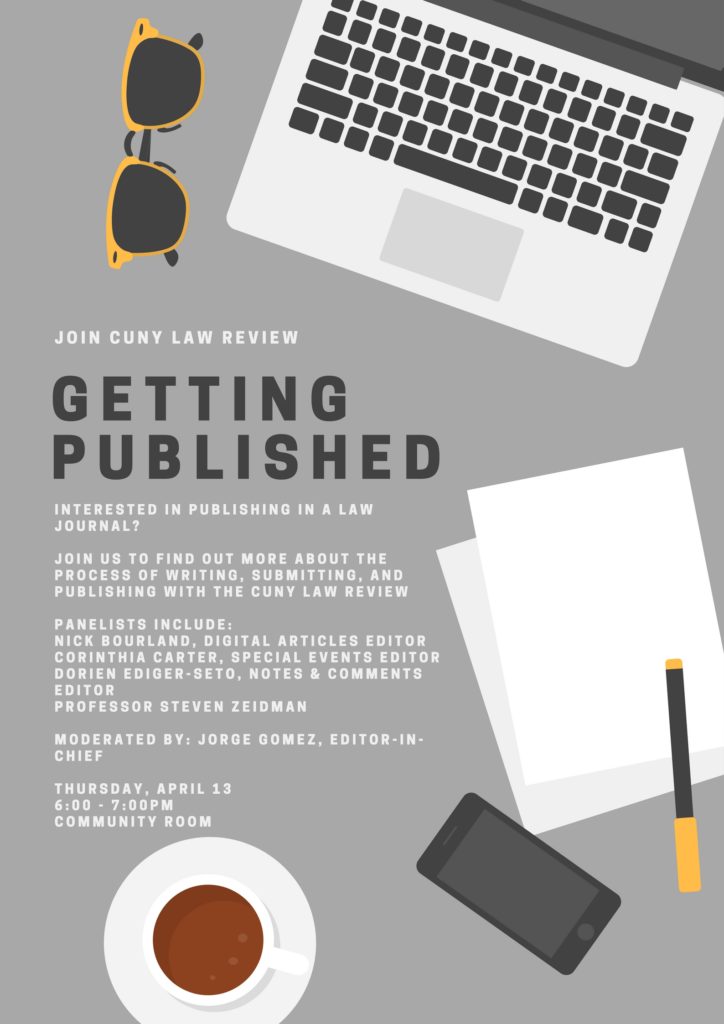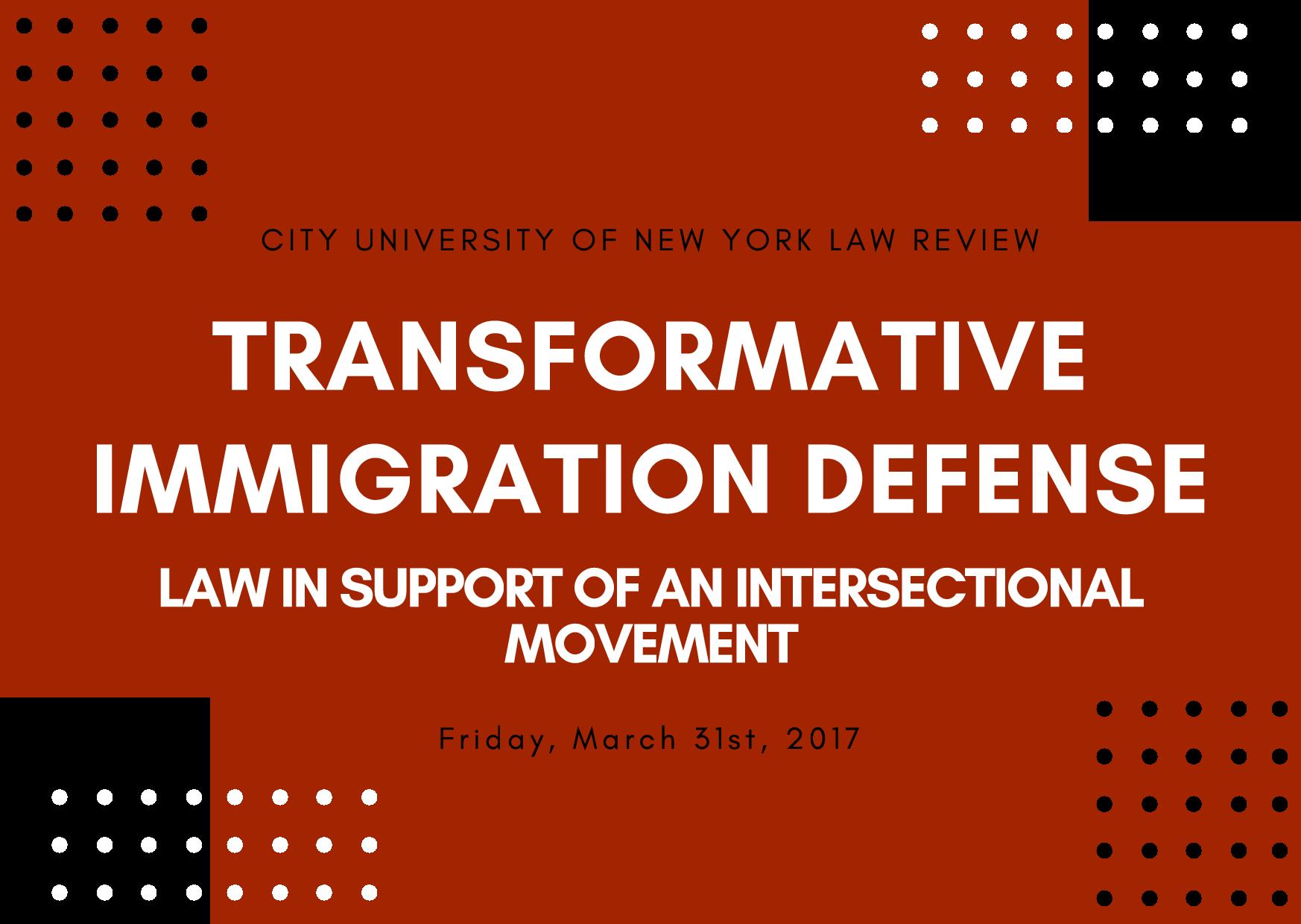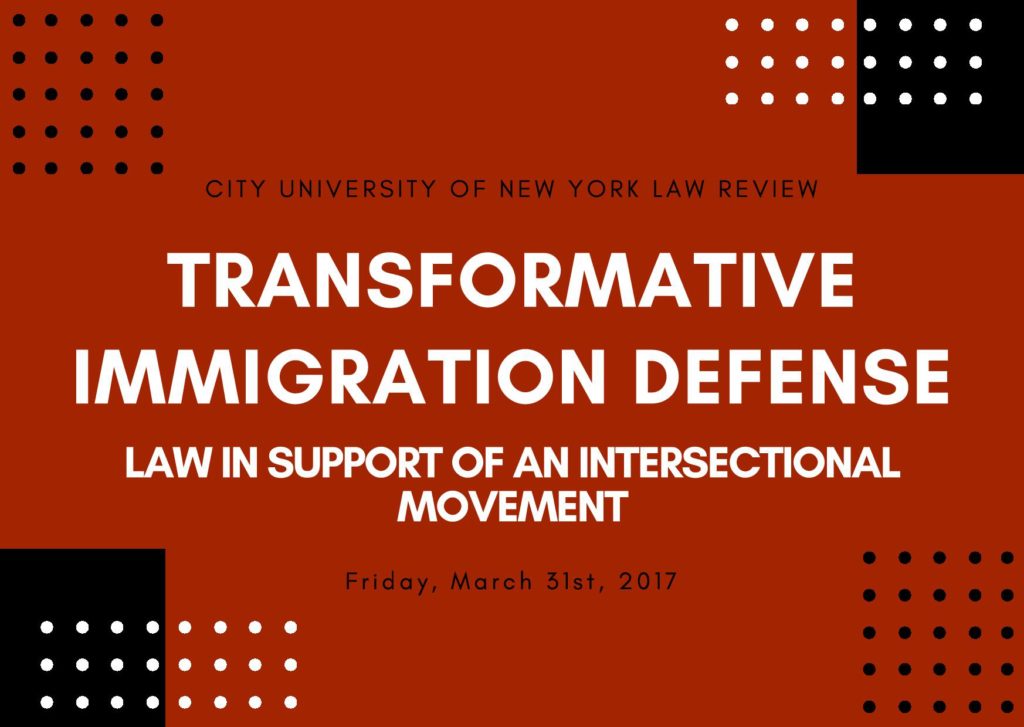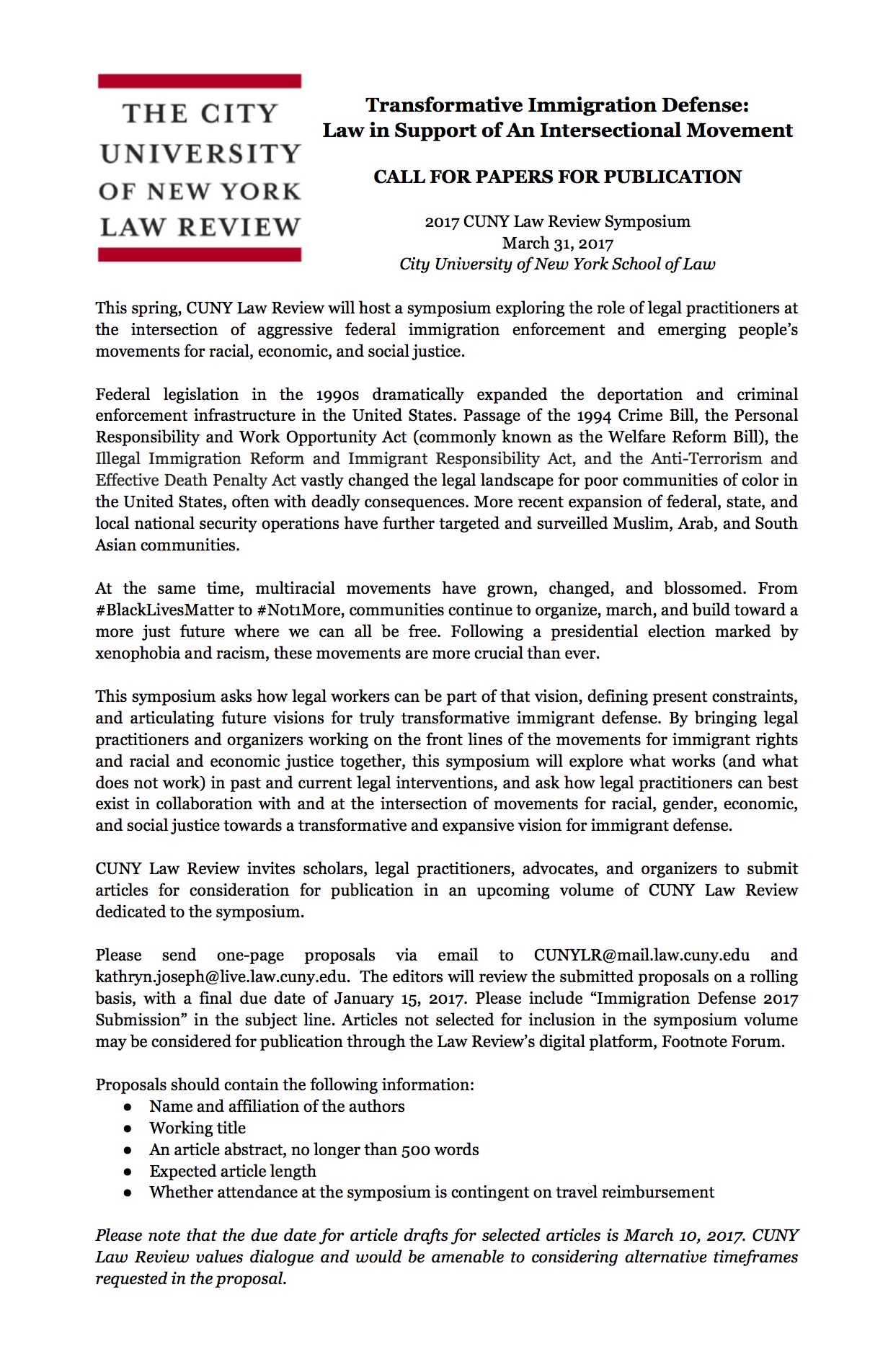Erin Cloud, Rebecca Oyama & Lauren Teichner[1]
Click here for a recommended citation and to download a paginated PDF version of this article.
One hundred years from now, today’s child welfare system will surely be condemned as a racist institution—one that compounded the effects of discrimination on Black families by taking children from their parents, allowing them to languish in a damaging foster care system or to be adopted by more privileged people. School children will marvel that so many scholars and politicians defended this devastation of Black families in the name of protecting Black children. The color of America’s child welfare system is the reason Americans have tolerated its destructiveness.
― Dorothy Roberts, Shattered Bonds (2012)
“Black people love their children with a kind of obsession. You are all we have, and you come to us endangered.”
― Ta-Nehisi Coates, Between the World and Me (2015)
Introduction[2]
All families have a constitutional right to be together, free from the unwarranted interference of third parties, particularly the state. This is an intrinsic human right that encompasses the right of parents to the “custody, care and nurture of [their] child[ren]”[3] and the parallel right of children to be raised by and live with their parents.[4] This fundamental right recognizes the inherent value in family ties, which provide a connection to culture and identity, and serve as a protective social bond. Of course, the government must be permitted to pursue measures to ensure the protection – and even the adoption – of children for whom it is ultimately deemed too unsafe to return home. But any such interference into the family structure, particularly the drastic step of taking children from their families, should be the exception to the rule and not the norm of child protective practices.
Continue reading →





